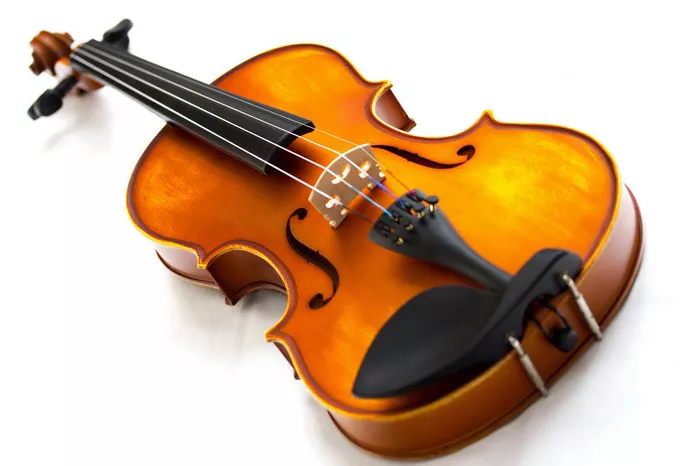Several years after Fretwork’s inception, George Benjamin reached out, intrigued by the viol after hearing the group’s debut recording. Despite not knowing him well, Fretwork’s members agreed to a demonstration of the instrument at his home, accompanied by some of his Royal College of Music students. This meeting proved to be pivotal.
From this encounter, Benjamin composed Upon Silence, the first new work created for Fretwork and a surprising addition to their repertoire. At that time, the ensemble’s mission was focused on revitalizing the viol consort and delivering high-quality performances of 16th and 17th-century music. Contemporary compositions seemed like a diversion. Benjamin’s piece, however, presented a considerable challenge. Known for his demanding standards, Benjamin guided the group patiently as they adapted to a new precision, a process that took about a decade before they were ready to record.
Fretwork will revisit Upon Silence later this month at the Music@Malling Festival, accompanied by the exceptional mezzo-soprano Sue Bickley. This performance has reaffirmed the piece’s status as a masterpiece—complex yet compelling, rich with beautiful sounds, and intricate textures that vividly bring Yates’s poem to life.
Reflecting on their early days in the 1980s, Fretwork now recognizes that contemporary music is crucial for both the group’s survival and the viol consort’s relevance. Without new compositions, the consort risks becoming a museum piece. The viol’s unique characteristics, such as its chordal capabilities similar to the guitar and its flexible size options, make it well-suited for contemporary music. It blends sounds to create a homophonic effect while maintaining clarity in contrapuntal music.
Since their initial meeting with Benjamin, Fretwork has commissioned over 50 new works from a diverse array of composers, including Elvis Costello, Sir John Tavener, Orlando Gough, Alexander Goehr, and Nico Muhly. Composers often draw on past music in their new compositions, as seen in Muhly’s In Nomine, which integrates the ‘Gloria tibi trinitas’ plainsong with modern rhythmic elements.
Fretwork’s exploration of historical viol consort music has influenced how contemporary composers write for them and vice versa. Playing new music has introduced new techniques that enhance their interpretation of earlier works, creating a dynamic dialogue between old and new.
One challenge the group faces is the tendency to play in uniform dynamics, which can be counterproductive for contemporary compositions that require distinct individual lines. Nevertheless, this skill from historical music also benefits their interpretation of older pieces.
At the Music@Malling Festival, Fretwork will also perform two sets of compositions by John Woolrich. His works, inspired by Fernando Pessoa’s Book of Disquiet, reflect the text’s randomness and obliqueness through pointillist and sparse music, perfectly suited for the viol consort.
Inspired by their engagement with new music, Fretwork seeks to bridge gaps between early and late periods, performing works from Bach to 20th-century composers like Grieg, Debussy, Beethoven, and others. They are also planning a new album of French music across various periods, titled À la recherche du temps perdu, reflecting Proust’s influence.
For Fretwork, there are no limits to their musical exploration, except for the practical considerations of their instruments and the quest for originality. They continue to expand their repertoire, embracing music from six centuries and commissioning new works to further enrich their performances.


